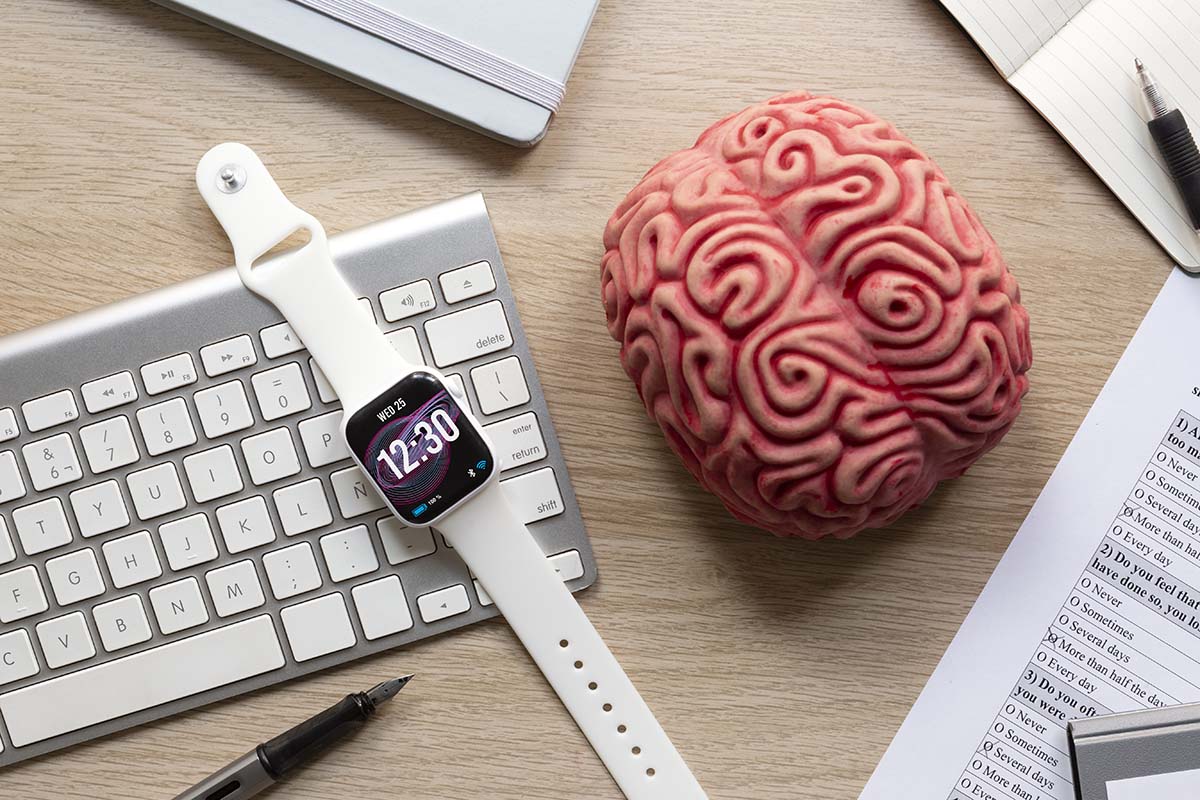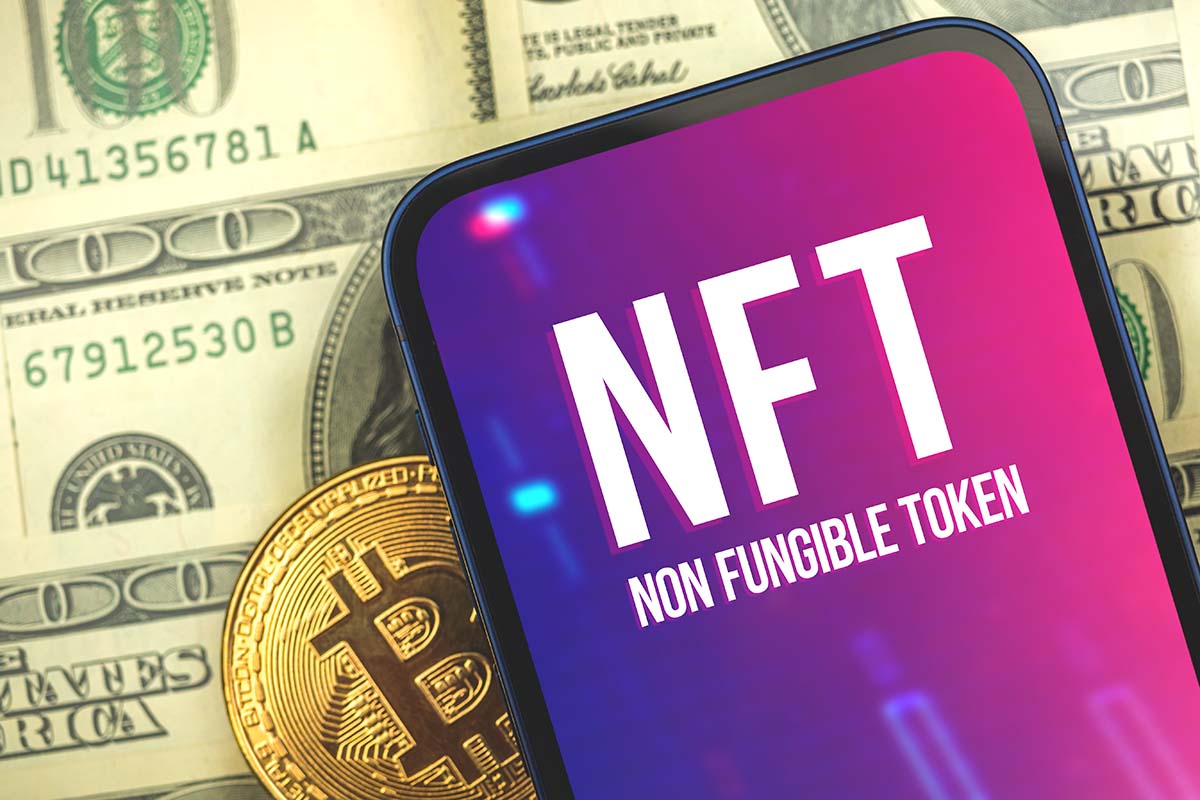Have you ever wondered if aspects of your personality hold you back at work? Personality skill tests provide insight, highlighting strengths to leverage and blind spots to improve. By gaining self-awareness of how you show up at work and your work style, you can make simple adjustments for significant gains.
As demands change rapidly, the self-reflective employee who can adapt and optimize strengths will thrive. Personality tests uncover your value and up-level your game, ensuring irreplaceability. Let’s explore how these assessments work, the insights they provide, and strategies for leveraging self-knowledge for success.
Incorporating disc assessments into your self-reflective journey as an employee can provide valuable insights into your communication and teamwork abilities, enabling you to enhance your work performance and foster stronger professional relationships.
Leveraging Personality Skill Tests for Better Work Performance: Understanding Personality Skill Tests
Personality skill tests measure different aspects of an individual’s personality and behaviors, including preferences, tendencies, interests, and motivations. The results can give insights into a person’s work style and suitability for specific roles and tasks.
Companies often use these tests as part of the hiring process to screen candidates and identify the best job fit. Here are some main types of personality skill tests.
- Myers-Briggs Type Indicator (MBTI): The MBTI categorizes people into dichotomies based on Carl Jung’s theories of extraversion/introversion, sensing/intuition, thinking/feeling, and judging/perceiving. It aims to provide a framework for understanding personality preferences.
- Big Five Personality Traits: The Big Five model assesses personality based on openness, conscientiousness, agreeableness, neuroticism, and extraversion. It gives an overview of general personality characteristics and tendencies.
- DISC Assessment: The DISC model measures personality based on dominance, influence, steadiness, and conscientiousness. The test provides insights into an individual’s behavior, communication style, and priorities.
While different personality tests take varied approaches, they all attempt to measure personality traits that correlate with work-related skills and competencies. For example, extraversion testing aims to determine if someone is more outward-focused and client-facing, while conscientiousness testing evaluates drive, dependability, and organization.
The results indicate skills and preferences that match specific roles, responsibilities, and tasks. Companies can then analyze profiles from the tests against the demands of different jobs to make effective hiring and placement decisions.
Leveraging Personality Skill Tests for Better Work Performance
Personality skill tests are quick assessments that measure an individual’s personality traits, tendencies, and preferences. Employers and employees alike can leverage these insights to optimize work performance through better self-awareness, teamwork, and role fit.
Personality affects how we process information, make decisions, interact with others, and handle tasks. Understanding your strengths, weaknesses, and working style through personality testing provides valuable self-knowledge that can transform your work performance. You gain insights into:
- Your natural preference for gathering and evaluating information;
- Any level of excitement or aversion to risk and change;
- Whether you tend to be more organized and detail-oriented or improvise and think broadly;
- Your level of patience, organization, and preference for structure.
When an entire team completes personality skill tests, it reveals synergies and tensions in communication, task delegation, and collaboration styles. Teams can then optimize roles, processes, and interactions for maximum performance. For example:
- “Extroverts” who energize from social interaction may serve as team leads or client liaisons.
- “Judgers” who thrive on structure and closure are well-suited for administrative or time-sensitive tasks.
- “Feelers” with great empathy may excel at customer support, coaching, or mentoring colleagues.
- Pairing team members with complementary yet balancing traits improves problem-solving and decision-making.
Employees can uncover preferences that indicate a strong or poor fit for their current role. Personality traits affect job satisfaction and motivation, so role adjustments or development plans aligned with strengths can boost performance and happiness at work.
However, personality tests are just one tool — self-awareness, emotional intelligence, and willingness to adapt and grow are also critical. Leveraging personality profiles spurs mindful reflection, experimentation, and communication that continually refines and optimizes how individuals and teams work together. When embraced holistically, personality skill testing represents a powerful yet simple method to understand human behavior and channel differences into collaborative excellence at work.
Potential Challenges and Ethical Considerations
Any personality or skills test for hiring or promoting employees faces potential challenges and ethical considerations. While compelling when used responsibly, misuse of these tests can harm organizations and individuals.
One concern is the accuracy and validity of personality skill tests. These tests attempt to summarize complex human traits with scores and labels. However, there are questions about how well they measure people’s true competencies and personalities.
Individuals may score differently on different occasions, and factors like mood, health, and test-taking environment can influence results. As such, organizations must be cautious not to make high-stakes decisions based on tests with unknown margins of error.
Another issue is test takers’ privacy and confidentiality. Personality skill tests probe sensitive personal information. Test results contain data that some may consider private. Organizations must have strict protocols to secure test results and limit access only to those who need it for legitimate purposes. Transparency and consent are crucial to uphold ethics around the personal information gathered through these tests.
Conclusion
Personality tests effectively allow employees to gain insight into their innate strengths, communication styles, and potential blind spots. With self-awareness comes the ability to maximize one’s impact at work by focusing on strengths, overcoming weaknesses, and communicating more effectively with colleagues.
Hirenest helps companies undertake top-tier emotional intelligence tests for personal and professional growth. That way, they can empower their employees to bring their best and most productive selves to work daily. Investing in personality skill tests is an investment in an organization’s most valuable asset — its people.





















